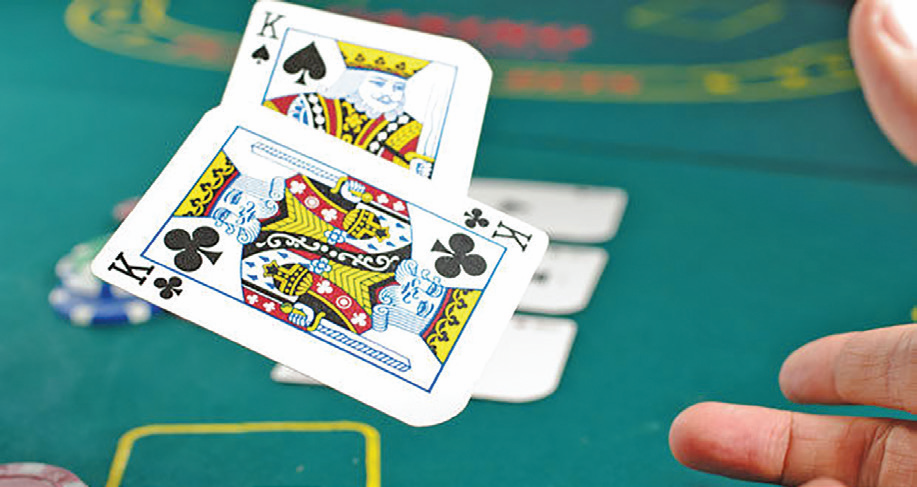
Growing gambling-induced suicides: Experts stress on support system
Gambling, once viewed as a simple recreational activity, has spiralled into a significant social and public health crisis, with devastating consequences for individuals and families. In Bengaluru, the rising prevalence of both traditional and online gambling has become a pressing issue, leading to an alarming number of suicides linked to gambling-related debts. While specific data on gambling-induced suicides in Bengaluru is scarce, the increasing number of cases in recent years highlights the severity of this problem.
In 2023 a man burdened by debts incurred in online gambling, took his own life. A family of four, including two children, was found dead in their home, as a result of financial distress caused by gambling addiction in 2022. These incidents are just a few examples of the tragic outcomes that can arise from unchecked gambling addiction. The increasing accessibility of online gambling platforms, coupled with a lack of adequate regulation and support systems, has made it easier for individuals to fall into the trap of compulsive gambling.
The problem is exacerbated by the role that celebrity endorsements play in perpetuating this harmful behaviour. Celebrities, often with large and influential followings, are increasingly involved in endorsing gambling products and platforms, contributing to the normalisation of gambling. Supraja TJ, Founder of Mind Tattva and a Counseling Psychologist, highlights the impact of these endorsements: "When celebrities endorse gambling, it can create a false perception of success and glamour, particularly among young people. This can lead to the dangerous normalisation of gambling as a harmless activity, masking the real risks involved." Identifying online gambling addiction can be particularly challenging, as it is often hidden from view.
According to Supraja, gambling disorder is characterised by a pattern of problematic gambling behaviour that leads to significant distress or impairment. She notes several warning signs to watch out for. Preoccupation with gambling often leads individuals to constantly think about it, even when not actively participating. This obsession can escalate into the need to place increasing bets, as more money is required to achieve the same thrill. Despite attempts to cut back or quit, many find themselves unable to stop, trapped in a cycle of chasing losses to recover lost money. From a biological standpoint, the allure of online gambling taps into the brain's reward system.
"The intermittent reinforcement wins followed by losses stimulates the release of dopamine, the neurotransmitter associated with pleasure. This dopamine rush is addictive, driving individuals to chase the next high, much like substance abuse," explains Supraja. Over time, the brain's reward circuitry gets altered, leading to compulsive behaviour that can be difficult to break. The promise of quick wealth, combined with the convenience of mobile apps and online platforms, has made online gambling incredibly accessible.
Many have lost their entire savings, accumulated massive debts, and even resorted to unethical means to fuel their addiction. As Supraja explains, "The economic strain leads to a ripple effect, where families are forced to sell assets, take loans, or even face eviction. The shame associated with these losses often prevents individuals from seeking help, perpetuating the cycle of addiction and loss."
 English daily published in Bengaluru & Doha
English daily published in Bengaluru & Doha






